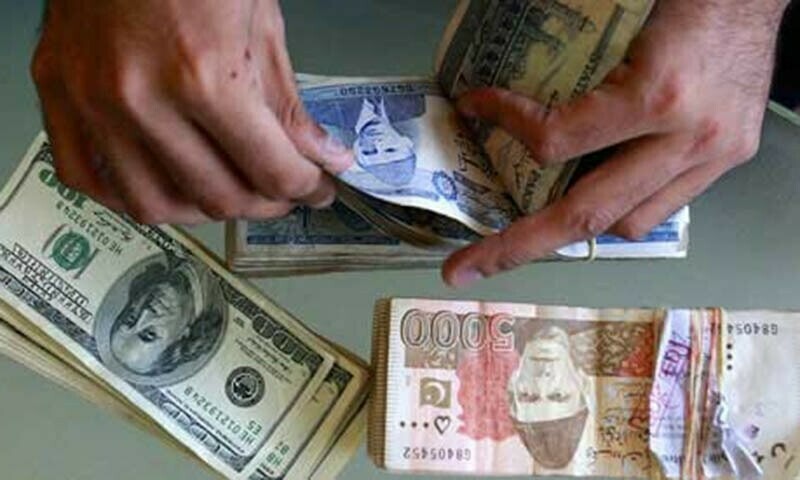- Web Desk
- Feb 19, 2026
Pakistan says sustained external inflows vital for fiscal stability
-

- Shahzad Paracha Web Desk
- Mar 29, 2024

ISLAMABAD: The finance ministry has emphasized the critical need to sustain the pace of external inflows to meet upcoming gross financing requirements.
In its Monthly Economic Update and Outlook report released on Friday, the Finance Ministry underscored the importance of reinforcing economic and financial stability during the last quarter of the ongoing fiscal year. Maintaining policy reforms and ensuring the continuity of external inflows are essential for both gross financing needs and external sector stability.
The report predicted moderate headline inflation for the last quarter of FY2024, driven by favorable domestic and global factors. During the period from July to February in FY2024, the Consumer Price Index (CPI) stood at 28.0 per cent, compared to 26.2 per cent in the same period last year. On a month-on-month basis, CPI increased by 0.03 per cent in February 2024, following a 1.8 per cent increase in the previous month.
Looking ahead, inflation is projected to hover between 22.5 per cent and 23.5 per cent in March 2024, with expectations of gradual easing to 21-22 per cent in April 2024.
High-frequency indicators signal growth prospects in the ongoing fiscal year. Notably, the agriculture sector outlook remains promising, with wheat sowing in the Rabi season 2023-24 surpassing the target of 8.998 million hectares.
In the Large-Scale Manufacturing (LSM) sector, there was a marginal decline of 0.5 per cent during July to January FY2024, compared to a contraction of 2.7 per cent in the previous year. However, LSM output increased year-on-year (YoY) by 1.84 per cent in January 2024, compared to January 2023. Overall, 12 out of 22 sectors witnessed positive growth during the same period.
On the fiscal front, the primary surplus increased to Rs1,939 billion during July to January FY2024, up from Rs945 billion in the previous year. However, the fiscal deficit during the same period increased to 2.6 per cent of GDP, compared to 2.3 per cent recorded last year.
The government remains committed to prudent fiscal management through cautious expenditure and effective resource mobilization.
In terms of the current account, there was a deficit of $1.0 billion for July to February FY2024, an improvement from the $3.9 billion deficit recorded last year. Notably, in February 2024, the current account posted a surplus of $128 million, compared to a deficit of $50 million in the same period last year. Year-on-year exports increased by 16.2 per cent to $2.6 billion in February 2024, owing to eased import restrictions and exchange rate stability, facilitating the supply of raw materials for export-oriented industries.
Read more: Pakistan eyes new ‘larger and longer’ IMF programme by fiscal year end
Imports also saw a year-on-year increase of 10.2 per cent, reaching $4.3 billion in February 2024, compared to $3.9 billion in the same month last year.
Foreign Direct Investment (FDI) witnessed an inflow of $131.2 million in February 2024, contrasting with an outflow of $173 million in the previous month. Remittances also showed an upward trend, increasing by 13.0 per cent in February 2024 ($2.2 billion) compared to February 2023 ($1.9 billion).
The report underscores that external and fiscal sustainability play crucial roles in contributing to economic revival.
Recently, Pakistan and the International Monetary Fund (IMF) reached a Staff-Level Agreement (SLA) on the final review of the $3 billion Stand-By Arrangement (SBA), securing a $1.1 billion tranche in the coming month. However, sustainable economic recovery necessitates continued fiscal consolidation, prudent policy measures, and timely and adequate financial inflows to meet gross financing needs and maintain external sector stability.




